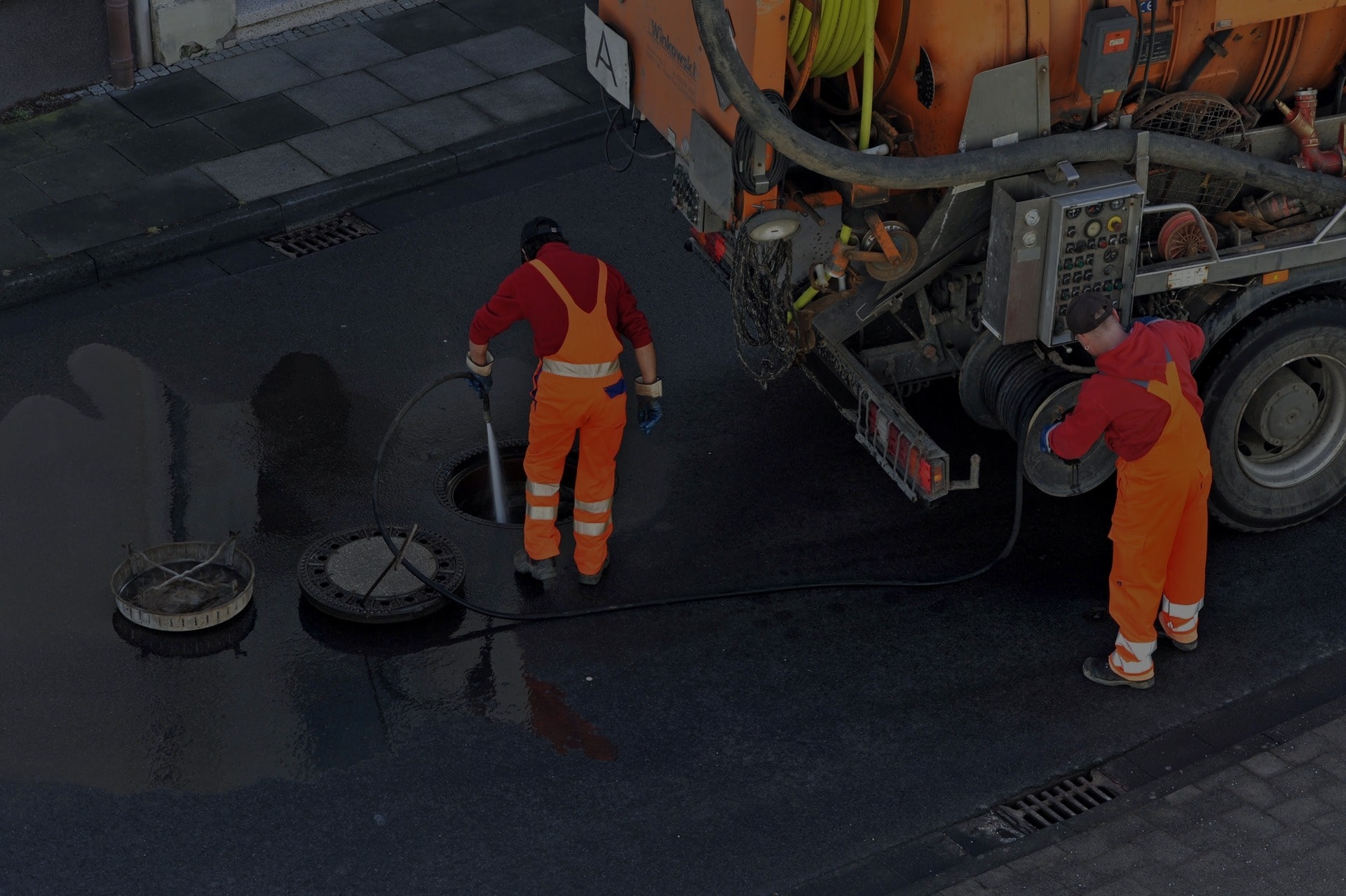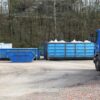Learn More About Waste Management For Liquids –
Due to its complexity, liquid waste is a significant category in waste management. Liquid wastes are more difficult to collect and remove from an environment than solid wastes are. If brought into contact with other liquid sources, liquid wastes rapidly spread out and contaminate them. Additionally, this kind of garbage seeps into groundwater and soil. This then spreads to the surrounding area, polluting the vegetation, the animals in the environment, and the people.
Industrial Wastewater
The procedures used to treat wastewater produced as an unwelcome byproduct by industry are referred to as industrial wastewater treatment. After treatment, the industrial wastewater (or effluent) may be recycled, released into the environment’s surface waters or sanitary sewers, or both. Some industrial operations produce wastewater that sewage treatment plants can treat.
The majority of industrial processes, including chemical and petrochemical plants, refineries of petroleum products, and petroleum products, have their own specialized facilities to treat their waste-waters so that the pollutant concentrations in the treated wastewater comply with the regulations regarding disposal of waste-waters into sewers or into rivers, lakes, or oceans. This holds true for enterprises that produce wastewater that contains high levels of harmful contaminants, such as heavy metals and volatile chemical compounds, as well as nutrients like ammonia and organic matter (like oil and grease). Some industries set up a pre-treatment system to get rid of some pollutants (such hazardous chemicals), and then they release the wastewater that has undergone this partial treatment into the public sewage system.
Wastewater is produced by most industries. Minimizing such production or reusing treated wastewater in the manufacturing process have been recent trends. Some firms have had success changing their production procedures to cut back on or completely get rid of pollution. Battery production, chemical manufacturing, electric power plants, food production, iron and steel production, metal working, mines and quarries, nuclear energy production, oil and gas production, petroleum refining and petrochemical production, pharmaceutical production, pulp and paper production, smelters, textile mills, industrial oil contamination, water treatment, and wood preservation are some of the industries that produce industrial wastewater.
Brine treatment, solids removal (e.g., chemical precipitation, filtering), oils and grease removal, removal of other organic contaminants, removal of biodegradable organics, removal of acids and alkalis, and removal of hazardous elements are some of the treatment methods.
Sewage Sludge Treatment
The procedures utilized to handle and get rid of the sewage sludge generated during sewage treatment are referred to as sewage sludge treatment. The goal of sludge treatment is to lessen the weight and volume of sludge in order to lower transportation and disposal expenses as well as any potential health issues associated with disposal methods. Weight and volume reduction are primarily achieved by the removal of water, but pathogens are frequently destroyed through heating during thermophilic digestion, composting, or cremation.
The amount of sludge produced and a comparison of treatment costs for various disposal alternatives will determine which sludge treatment method is best. While restricted land availability may favor aerobic digestion and mechanical de-watering for cities, air-drying and composting may appeal to rural populations, while economies of scale may favor energy recovery alternatives in metropolitan regions.
Sludge can be used to generate energy by producing methane gas during anaerobic digestion or by burning dried sludge, but the energy output is frequently insufficient to drive the blowers, pumps, or centrifuges needed for de-watering. Toxic compounds that were sorbent onto solid particles in clarifier sludge and removed from liquid sewage may be present in coarse primary solids and secondary sewage sludge. The concentration of certain of these harmful compounds in the sludge may rise if the sludge volume is reduced.
Do you have liquid waste that you need to dispose of? Contact us now to learn more about our waste management and dumpster services. We service all of southern Florida.






